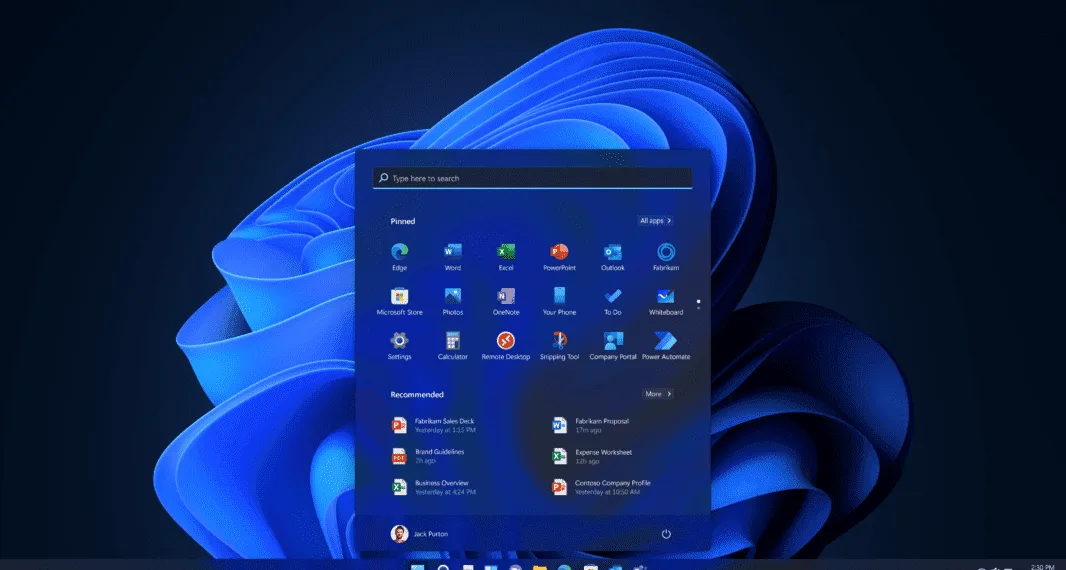According to a recent report y Phoronix, Intel’s Alder Lake CPUs perform much better in a Windows 11 environment than when they do with a Linux-based operating system. This difference in performance is attributed to Linux’s cluster scheduler, which is yet to be optimized for Alder Lake’s hybrid architecture.
This simply means that the current best gaming CPU, which is the Alder Lake, delivers its best performance in Windows 11 rather than on Linux. However, this piece of information comes as a shock to many since, Linux typically outperforms all flavors of Windows, too use Linux by the way.
Phoronix tested using a Core i9-12900K and Windows 11 Pro, Ubuntu 21.10 plus Linux 5.16 git, Ubuntu 21.10, Ubuntu 21.1.0 plus Linux 5.15, Clear Linux 35250, and Fedora Workstation 35. the company has further tested all these operating systems with a range of different benchmarks, which include browser benchmarks, video encoding, image encoding, blender, and much more.
Windows 11 Pro won 45% of the tests out of the six operating systems, securing the position of the most optimal operating system for Alder Lake processors. The clear victory enjoyed by Microsoft’s OS is simply due to problems with the Linux scheduler and its interaction with Alder Lake CPUs.
Intel’s Alder Lake consists of two different types of cores, which are the big and fast Performance cores (P-cores) that are paired with a smattering of small and powerful Efficiency cores (E-cores) that chew through background processes with surprising speed.
However, the Linux scheduler is designed to control multiple core clusters, however, the Linux Scheduler isn’t designed to differentiate between different types of cores, like Alder Lake’s P-cores and E-cores.
Linux Scheduler is currently unaware of the performance differences between the cores, similar to Windows 10 and this makes the scheduler will send workloads to the E-cores that should be sent to the faster P-cores, and vice versa.








